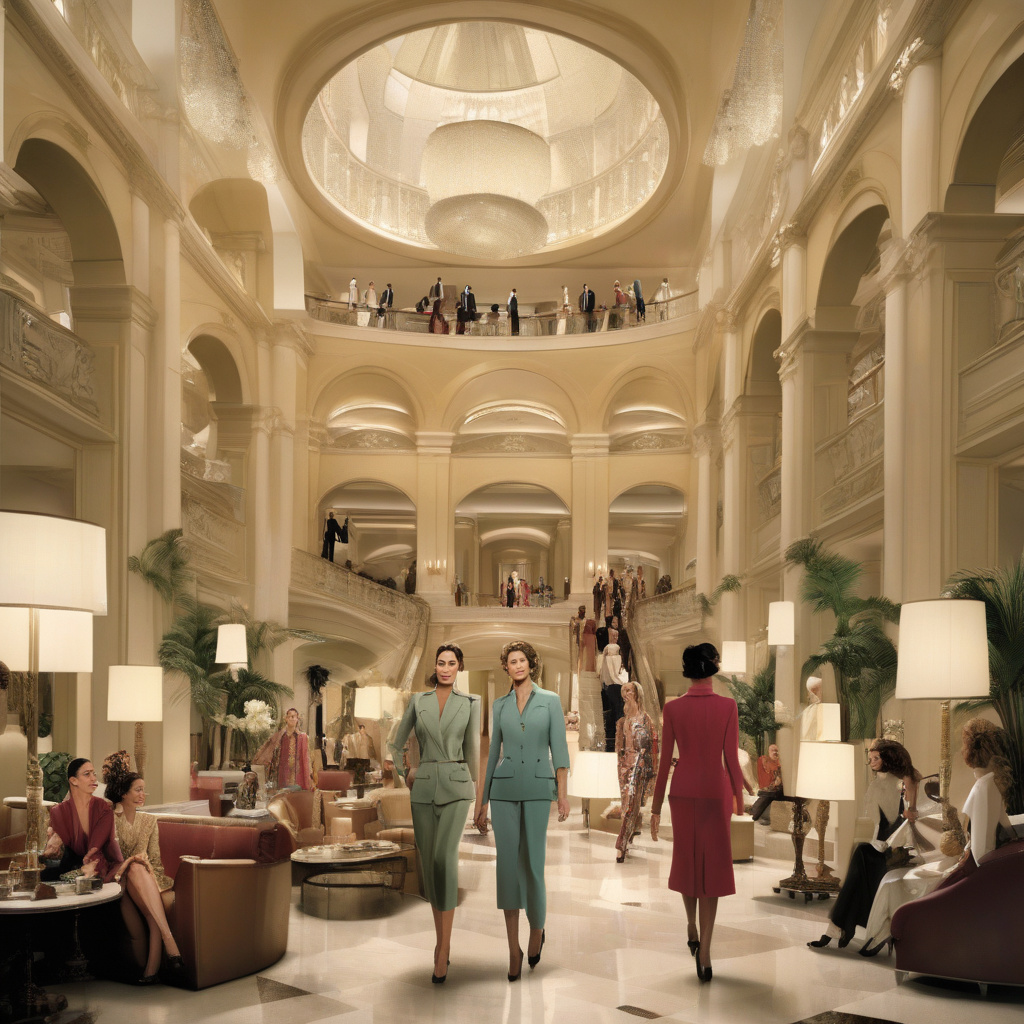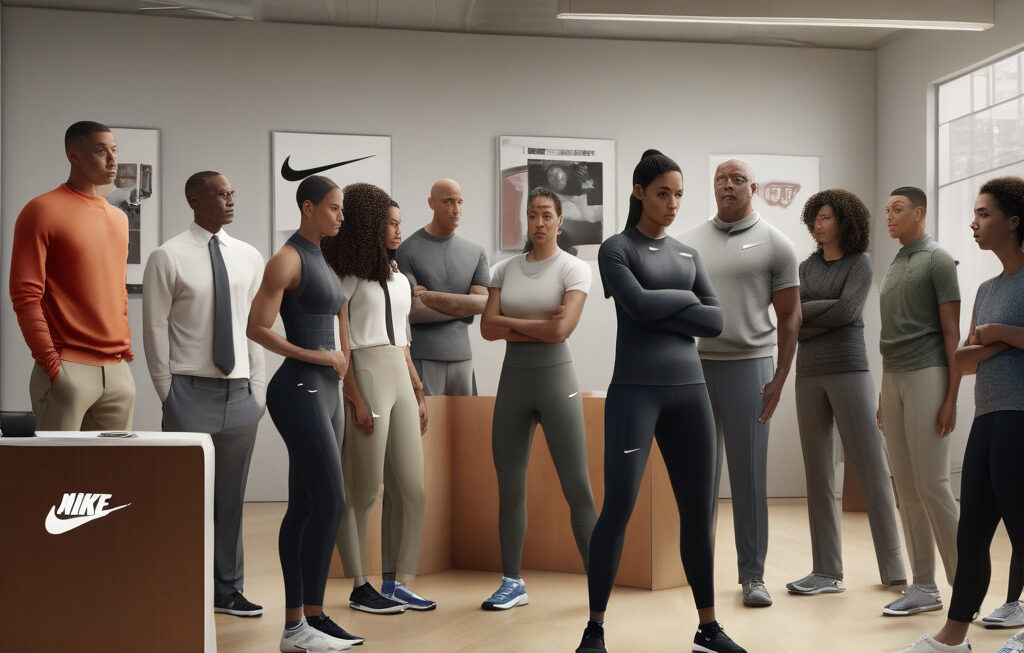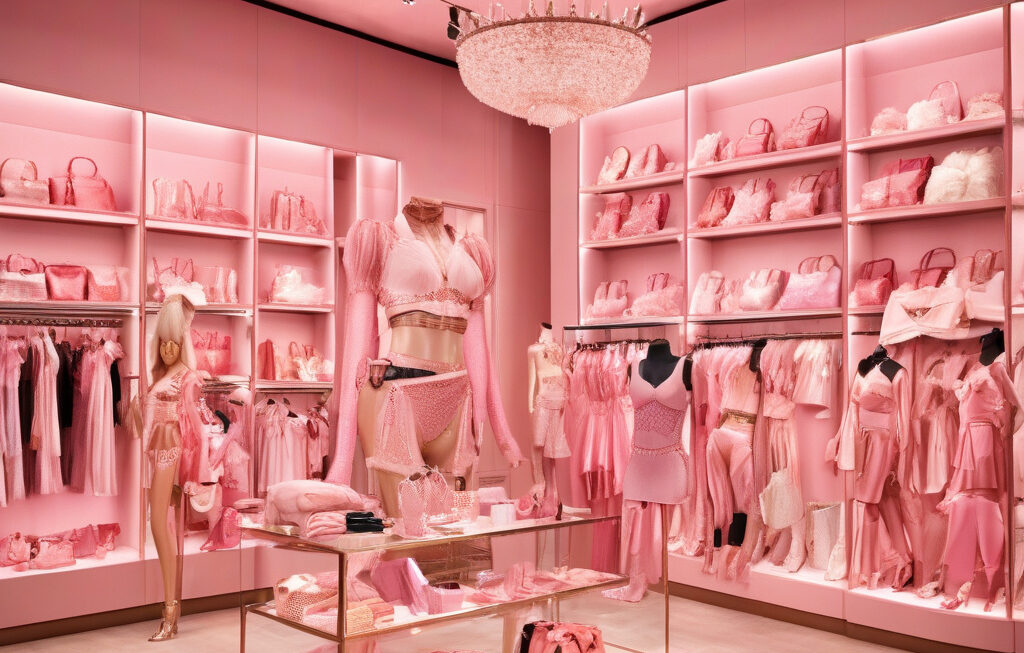As Travel Booms, Fashion’s Hospitality Ambitions Heat Up
The world is slowly but surely reopening its doors to travel enthusiasts after more than two years of restricted movement. With the increasing vaccination rates and the easing of travel restrictions, people are eager to embark on new adventures and explore the world once again. As the travel industry experiences a resurgence, another sector is also gaining momentum – fashion-branded hotels.
Fashion and hospitality have long shared a close relationship, with fashion designers often venturing into the world of hospitality to create unique and immersive experiences for their customers. From boutique hotels designed by luxury fashion houses to collaborations between fashion brands and established hotel chains, the intersection of fashion and hospitality continues to evolve.
In recent years, fashion-branded hotels have become increasingly popular, offering a new level of luxury and sophistication to travelers. These hotels are not just places to stay but destinations in themselves, where design, style, and service come together to create a truly immersive experience. From the moment guests step into the lobby, they are transported into the world of the fashion brand, with every detail carefully curated to reflect its unique aesthetic.
One such example is the Armani Hotel in Milan, designed by renowned fashion designer Giorgio Armani. The hotel exudes the same elegance and sophistication that define Armani’s fashion empire, from the sleek minimalist decor to the impeccable service. Guests can dine in restaurants overseen by Michelin-starred chefs, relax in luxurious spa facilities, and immerse themselves in the world of Armani through curated experiences and amenities.
Another notable fashion-branded hotel is the Bulgari Hotel in London, which combines the timeless glamour of the Bulgari brand with contemporary design and world-class hospitality. The hotel’s sleek interiors are adorned with Bulgari’s signature elements, from the use of precious materials like marble and silver to the elegant furnishings and decor. Guests can indulge in spa treatments using Bulgari’s exclusive skincare products, dine in a Michelin-starred restaurant, and enjoy panoramic views of the city from the hotel’s private suites.
The rise of fashion-branded hotels can be attributed to the growing demand for unique and personalized travel experiences. Today’s travelers are not just looking for a place to stay; they want to immerse themselves in the culture and lifestyle of their destination. Fashion-branded hotels offer a way to do just that, allowing guests to connect with a brand on a deeper level and experience its values and aesthetic firsthand.
As the travel industry continues to bounce back, fashion brands are seizing the opportunity to expand their presence in the hospitality sector. By opening their own hotels or partnering with established chains, fashion brands can tap into a new market of luxury travelers seeking exclusive and immersive experiences. The result is a win-win for both industries, as fashion-branded hotels offer a unique value proposition that sets them apart in a competitive market.
In conclusion, the resurgence of travel has brought fresh momentum to fashion-branded hotels, signaling a new era of collaboration between the fashion and hospitality industries. As travelers seek out unique and immersive experiences, fashion brands are stepping up their hospitality ambitions to meet this demand. The future looks bright for fashion-branded hotels, as they continue to push the boundaries of luxury travel and redefine the guest experience.
travel, fashion, hospitality, luxury, experience











